Related Research Articles

The North American Numbering Plan (NANP) is a telephone numbering plan for twenty-five regions in twenty countries, primarily in North America and the Caribbean. This group is historically known as World Zone 1 and has the international calling code 1. Some North American countries, most notably Mexico, do not participate in the NANP.
A toll-free telephone number or freephone number is a telephone number that is billed for all arriving calls instead of incurring charges to the originating telephone subscriber. For the calling party, a call to a toll-free number from a landline is free of charge.
A telephone numbering plan is a type of numbering scheme used in telecommunication to assign telephone numbers to subscriber telephones or other telephony endpoints. Telephone numbers are the addresses of participants in a telephone network, reachable by a system of destination code routing. Telephone numbering plans are defined in each of the administrative regions of the public switched telephone network (PSTN) and in private telephone networks.
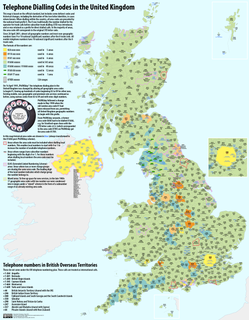
Telephone numbers in the United Kingdom are administered by the Office of Communications (Ofcom). For this purpose, Ofcom established a telephone numbering plan, known as the National Telephone Numbering Plan, which is the system for assigning telephone numbers to subscriber stations.

The French telephone numbering plan is used in Metropolitan France, French overseas departments and some overseas collectivities.
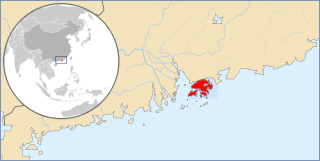
Telephone numbers in Hong Kong are mostly eight-digit. Fixed land line numbers start with 2 or 3, mobile (cellular) phone numbers with 5, 6, 7 or 9, pager numbers with 7 and forwarding service with 8. Since the end of 1989, there have been no area codes within Hong Kong.

Telephone numbers in Cyprus follow a closed telephone numbering plan which was adopted on 1 December 2001. As a result, for landline phone numbers the digit 2 followed by the old area code was affixed to the subscriber number and for mobile phones 9 was affixed to the phone number. The plan is also used in Akrotiri and Dhekelia.
Telephone numbers in Oceania use a variety of area codes to denote their location along with their own area code depending on the country's geographic makeup. They also have other prefixes to denote different types of mobile services and international calls. There are exceptions because of regional variations and time zones.

The format of telephone numbers in Australia has changed over time to allow for the expansion of the subscriber base as technology has improved.
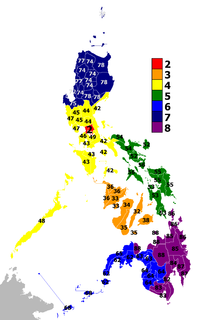
Telephone numbers in the Philippines follow an open telephone numbering plan and an open dial plan. Both plans are regulated by the National Telecommunications Commission, an attached agency under the Department of Information and Communications Technology (DICT).

The regulation of telephone numbers in Germany is the responsibility of the Federal Network Agency of the German government. The agency has a mandate to telecommunications in Germany and other infrastructure systems.
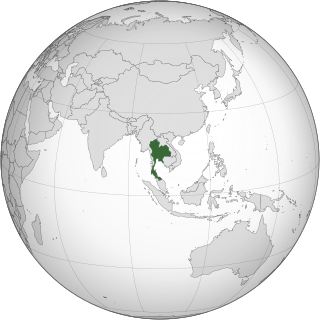
Thailand's telephone numbering plan in Thailand is managed by the National Broadcasting and Telecommunications Commission (NBTC) in accordance with International Telecommunication Union's (ITU) recommendation E.164.

A telephone number in Belgium is a sequence of nine or ten digits dialed on a telephone to make a call on the Belgian telephone network. Belgium is under a full number dialing plan, meaning that the full national number must be dialed for all calls, while it retains the trunk code, '0', for all national dialling.
The national conventions for writing telephone numbers vary by country. While international standards exist in the form of the International Telecommunication Union sector ITU-T issued recommendation E.123, national telephone numbering plans define the format and length of telephone numbers assigned to telephones.
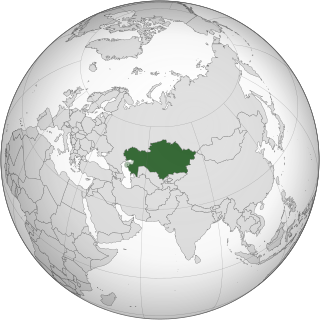
Telephone numbers in Kazakhstan are under a unified numbering plan with Russia with the country calling code +7. Historically, +7 was used as the Soviet Union country calling code. Following the break-up of the Soviet Union, all former republics except Russia and Kazakhstan switched to new country codes.
Country Code: +247
International Call Prefix: 00
Country Code: +690
International Call Prefix: 00
Telephone numbers in Norfolk Island use the following ranges: